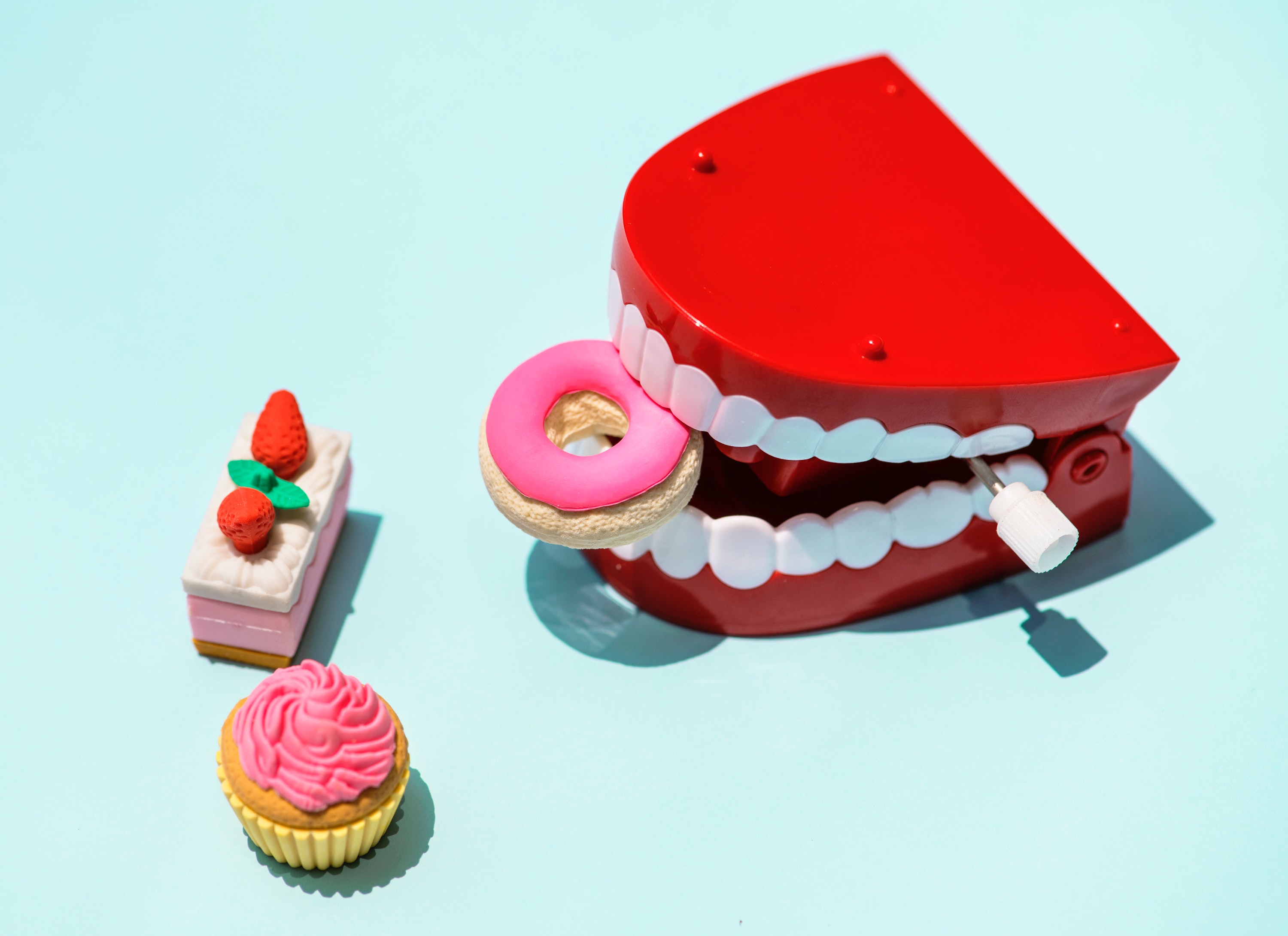Eating disorders are serious mental health conditions that affect people of all ages, genders, and races. However, they typically develop in early adolescence. Families searching for the best eating disorder treatment centers should take great care to understand the different types of eating disorders and the treatment options available. At Clementine, we specialize in teenage eating disorders treatment, offering patients access to care in a comfortable, safe and home-like setting. Keep reading to learn more about common eating disorders and eating disorder recovery options.
What is an eating disorder?
Eating disorders are very serious mental health conditions that include both medical and psychiatric aspects. The most well-known eating disorders include anorexia nervosa and bulimia nervosa. However, people can develop other types of eating disorders, including binge eating disorder and eating disorder not otherwise specified. People who have an eating disorder are typically obsessed with food, their body shape, weight and body image. If left untreated, eating disorders can quickly become very serious and even life-threatening.
Who can develop an eating disorder?
People of all genders and nearly any age can develop an eating disorder. Research has shown children as young as five or six years of age can develop an eating disorder. While it is true females are more commonly diagnosed than males and individuals typically show signs of an eating disorder in adolescence, many people develop eating disorders later in adulthood.
Current studies suggest up to seven percent of women in the United States have had bulimia nervosa at some point in their lives. Anorexia nervosa is the third most common chronic illness among teen girls and binge eating disorder affects anywhere from 0.7 percent to 4 percent of the general population. It is important to remember eating disorder treatment is available.
Can people be cured with eating disorder treatment?
Many people with eating disorders can achieve recovery. Early intervention and finding the right eating disorder treatment centers to fit an individual’s needs are extremely important when seeking professional help. It is also important to keep in mind patients who have been through an eating disorder recovery program may continue to seek counseling to support and protect their recovery for months or years after leaving treatment. The chance of relapse greatly diminishes when teens have access to aftercare and a strong support system at home.
If a loved one is intentionally vomiting after meals but only some of the time, should parents be worried?
Yes. Anytime someone feels the need to purge after a meal, whether that means fasting, self-induced vomiting or laxative use, they are likely dealing with underlying psychological issues surrounding food, their body shape, and weight. While this does not necessarily mean they have a diagnosable eating disorder, it is important for loved ones to express concern.
What is the difference between overeating and binge eating?
Many people will overeat every now and then. However, those with binge eating disorder feel out of control during the binge episode. They typically eat large amounts of food in a very short amount of time, even, at times when they are not physically hungry. The binge eating episodes can also be accompanied by feelings of shame, guilt, anxiety, and disgust.
Contact Clementine Eating Disorder Treatment Centers Today:
At Clementine eating disorder treatment centers, we focus on providing adolescents with the tools they need to enjoy a successful eating disorder recovery. We understand teenage eating disorders treatment should be approached from both a medical, psychiatric, therapeutic and nutritional perspectives to ensure young people can properly navigate the challenges of life after completing treatment.
Read Also:






















